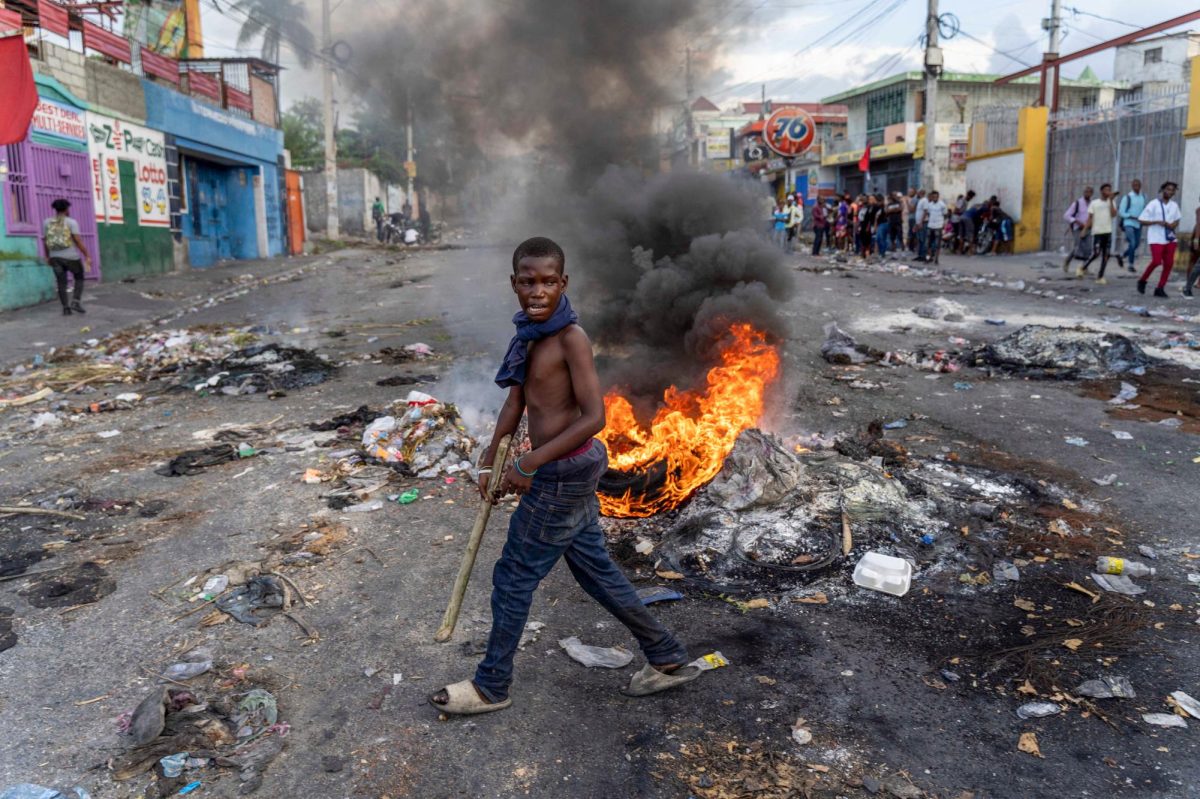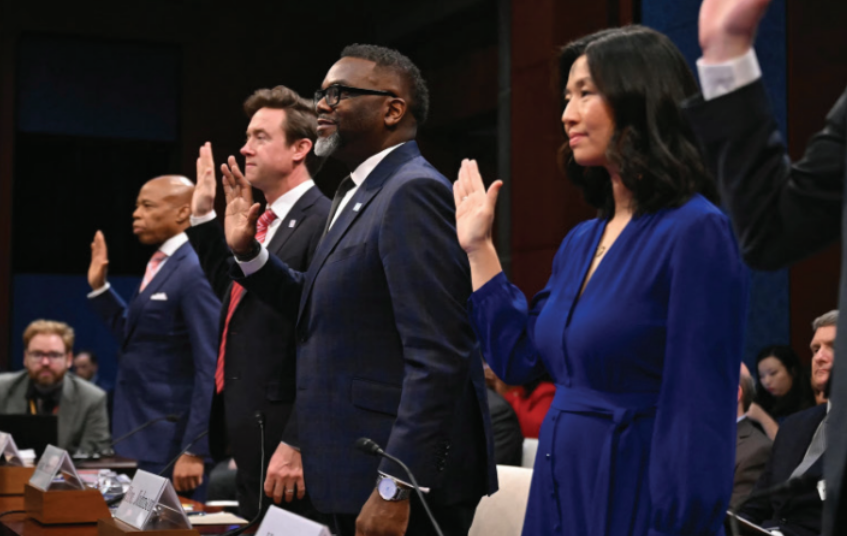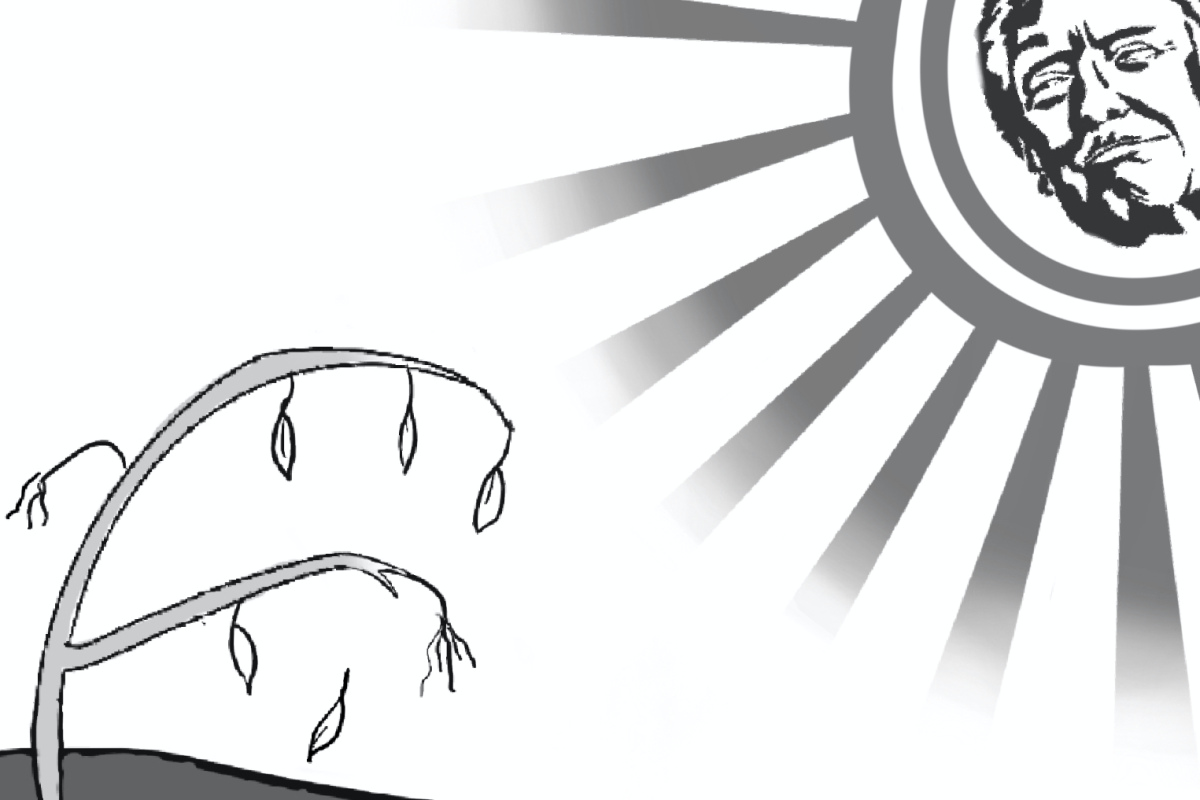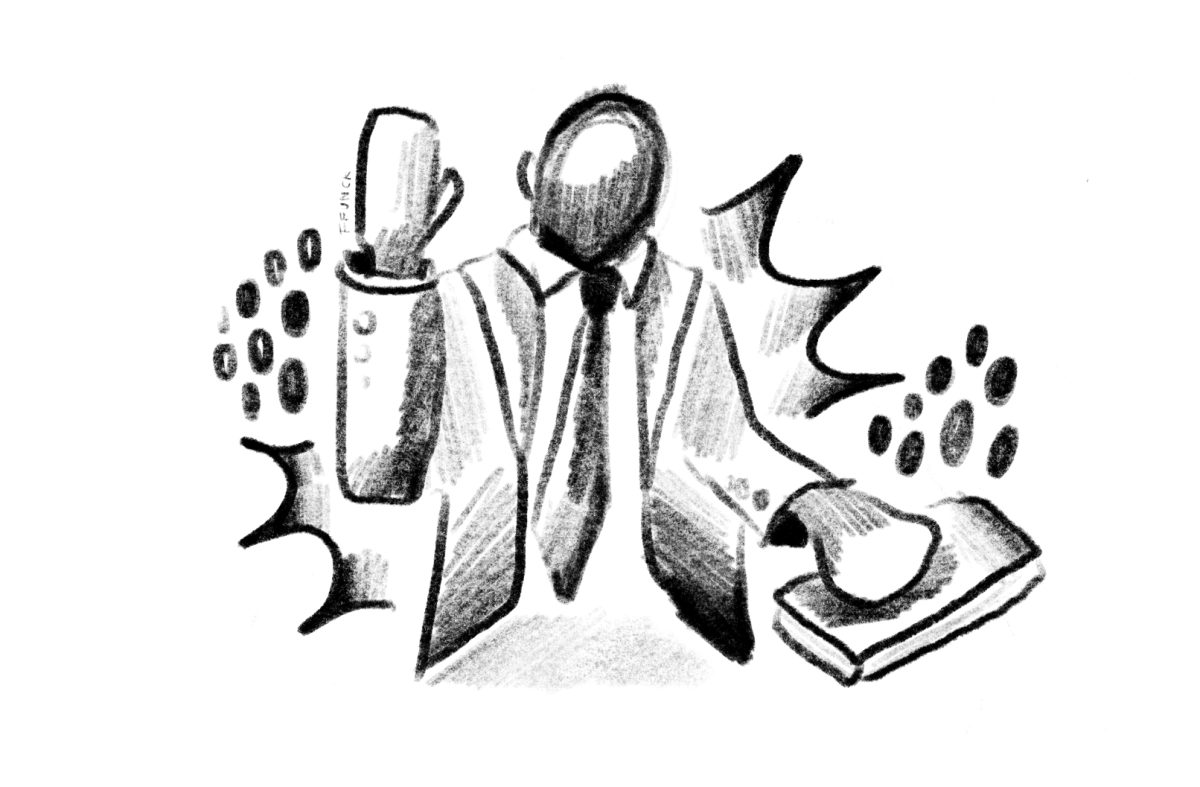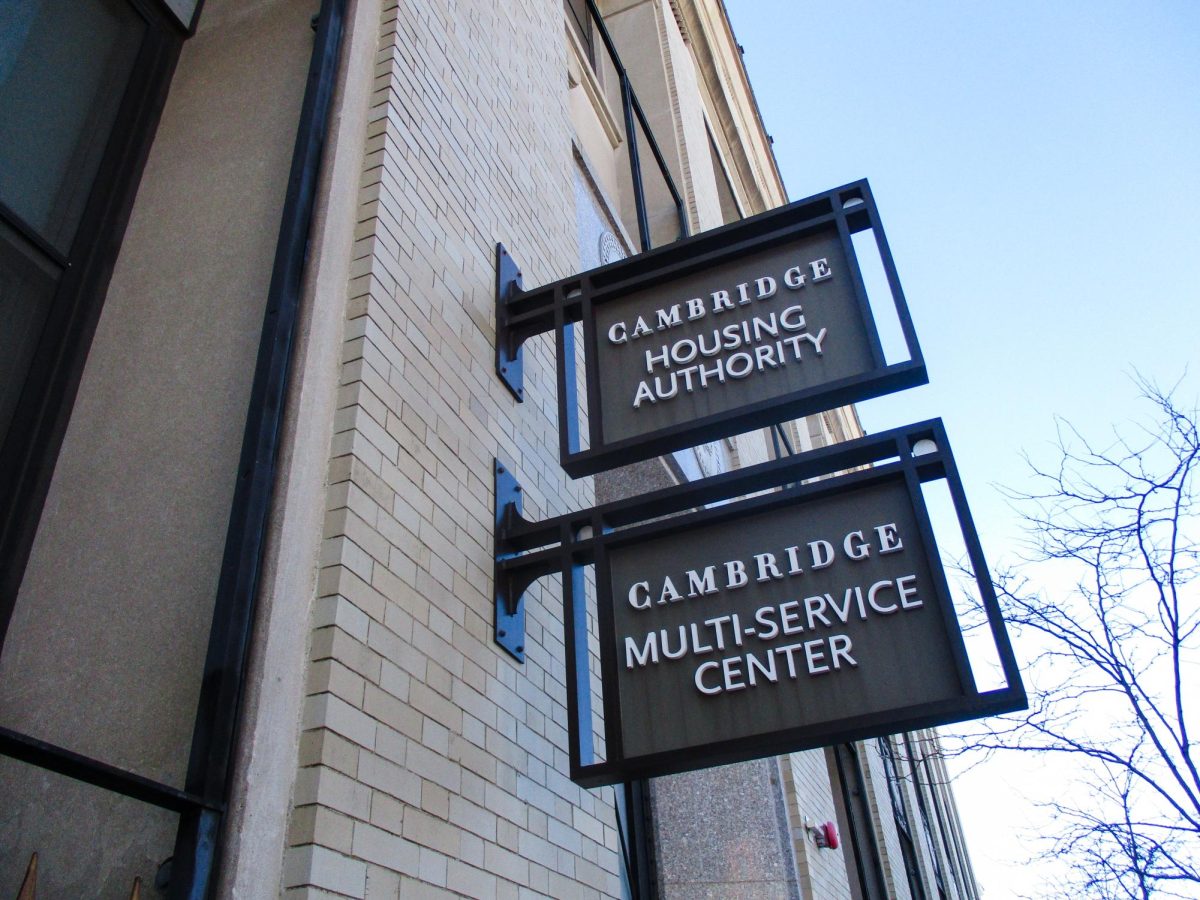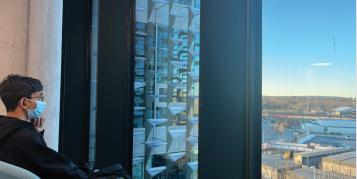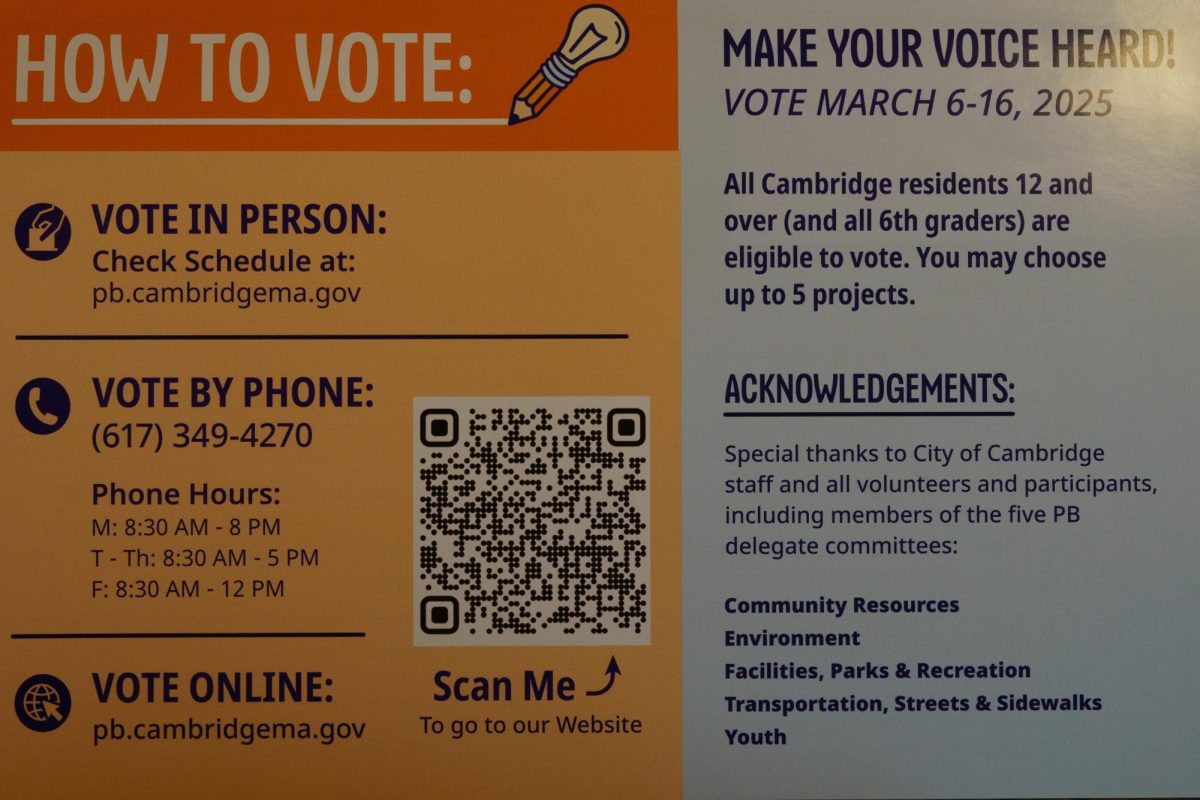Haiti is in crisis. Amongst the extreme gang violence and political turmoil, there are at least 95,000 displaced people and at least 2500 killed or injured at the time of writing according to Al Jazeera (Lawal). The first quarter of 2024 has been the deadliest three months so far. Earlier this year, pressure from gang leaders caused Prime Minister Ariel Henry to resign. Now, a transitional council has found a replacement in Garry Conille – although many in the country are skeptical about how effective he will be. It remains to be seen whether or not he will give in to pressures from the two largest gangs in Port-Au-Prince, which recently formed an alliance to oust the last prime minister .
Readying the country for a deployment of Kenyan police will be an important first step for Conille. He was briefly prime minister of Haiti in 2010 but has been largely out of the country since then, working as the UNICEF Regional Director of Latin America and the Caribbean. For the international community at least, Conille appears to be a source of hope for the country’s current state. Conille will be expected to begin his work swiftly, working to appoint a new Cabinet and rebuild the government from the ground up (Adams).
Officers from Kenya were expected to land in order to help curb the turmoil, but repeated delays have kept them from being deployed until recently. They’re funded and strongly supported by the U.S Government. However, habitants of Haiti are wary, and understandably so. In the last few years, the Kenyan police have faced accusations of excessive force and unlawful killings during times of political unrest (Lawal).
In the last few years, access to healthcare has greatly decreased. According to Doctors Without Borders 40% of women in Cité Soleil, a suburb of Port-au-Prince, did not receive prenatal care before giving birth (MSF Staff). Rates of cholera, which had almost been eradicated, are now rising. Medical supplies are being raided and blocked at ports, unable to reach hospitals and humanitarian aid groups. This means that access and quality of healthcare will continue to diminish when people need it the most. Recent data has shown that living in constant fear and uncertainty has created a mental health crisis for Haitians. Living in conflict zones, 22% of people will suffer with mental disorders according to the World Health Organization. These include severe anxiety, sadness, depression and insomnia. The hospitals are extraordinarily under-equipped to handle these pressures. For psychological and psychiatric patients there’s a total of 180 hospital beds for a population of around 12 million (Blaise).
As Conille’s transitional government begins to implement changes, and the Kenyan police force arrives, the international community will be watching and hoping for the people of Haiti.

